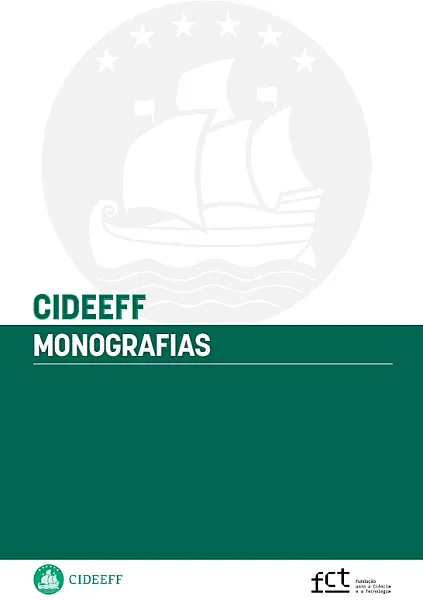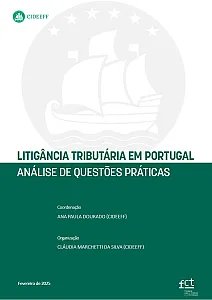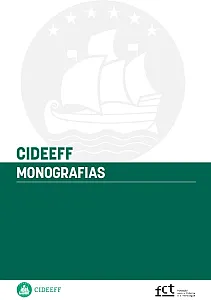The taxation of illicit income under the IRS: from incidence to collection

Taxation of illicit income is a pressing matter that legislators meant to settle but its concrete application to specific cases is still challenging.
The taxation’s issue concerning those earnings is more focused on the dialectic tension between the taxpayers’ duty of cooperation towards National Tax Authority and their right
to remain silent throughout the criminal procedure – because substantial gains arise mainly from criminal acts – and less focused in the feasibility of the illicit origin gains taxation under article 10 Portuguese General Taxation Law.
Therefore, personal income tax wise, it is necessary to evaluate how illicit gains could be taxed, so we will try to define the notion of income when it comes to illicit acts and also list which illegal conducts could illicit income derive from. On the other side, we point out the main difficulties in ascribing illicit incomes in a specific personal income tax category considering that there is not a specific illicit income category by law, as we weigh in the legal outlays of non-valid transactions in the civil domain and confiscation consequences in the criminal outlook. Finally, we seek to promote a solution that appears to be coherent within tax rules given that those earnings normally demonstrate a significant increase of taxpayers’ contributive capacity and therefore tax returns of illicit income appear to be legally binding by the principle of equality and that same contributive capacity’s principle.
Keywords: Article 10 Portuguese General Taxation Law; Income earned of illicit acts; Personal
Income Tax.



